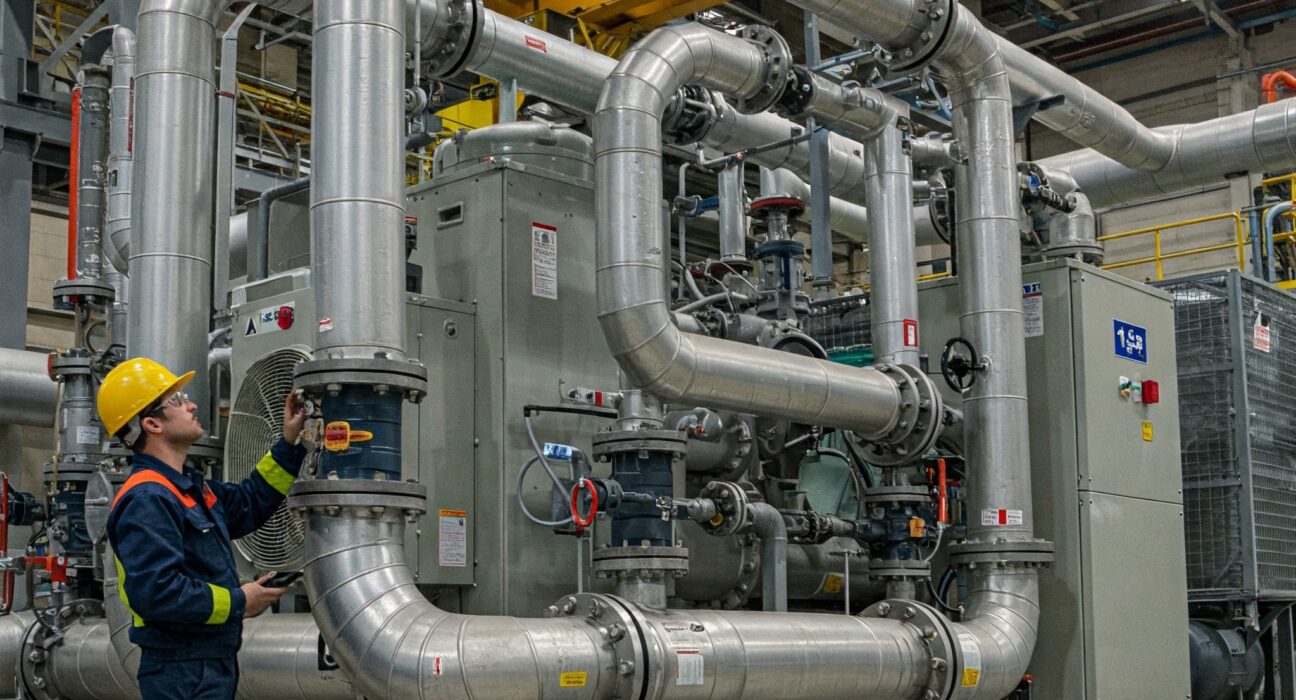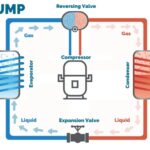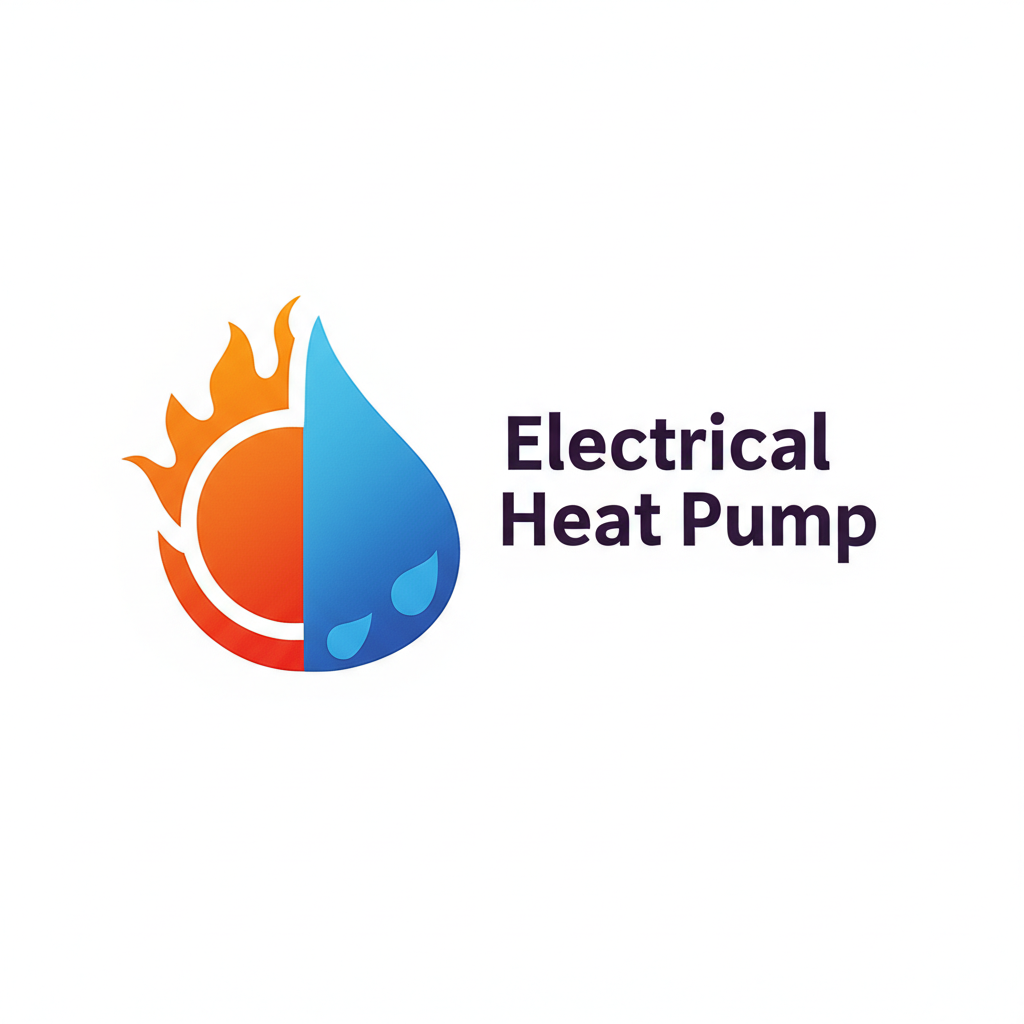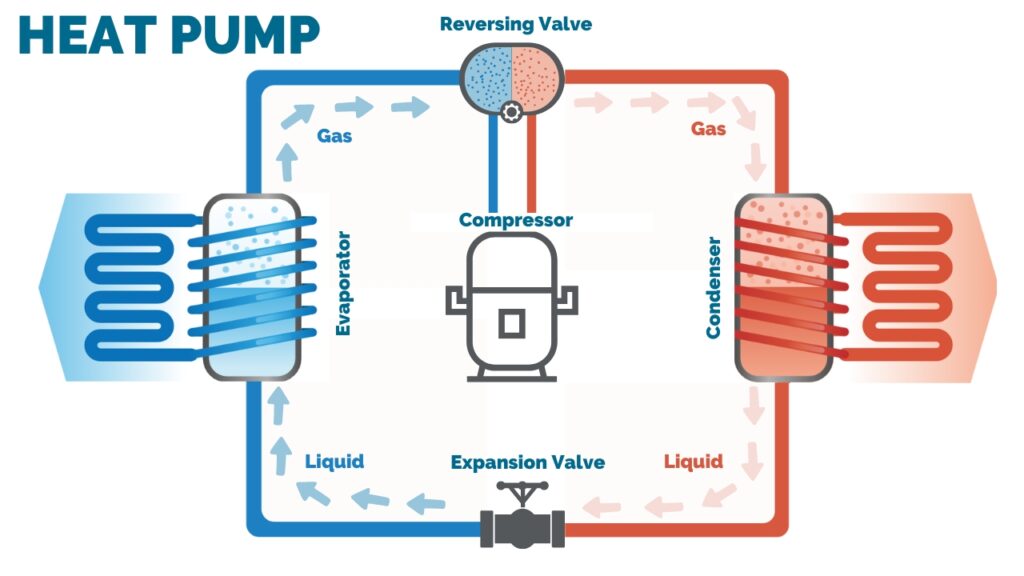Industries everywhere want to be more sustainable and work better. So, they are looking closely at a technology that can change the game: industrial heat pumps. These aren’t like the small heat pumps you might have at home. They are strong machines built to handle the big heating and cooling needs of different factories and businesses.
They give three main advantages: they use energy better, they greatly lower the amount of carbon they release, and they can both heat and cool things. Let’s understand why more and more industries are using industrial heat pumps and how they are changing how factories use energy in the future.
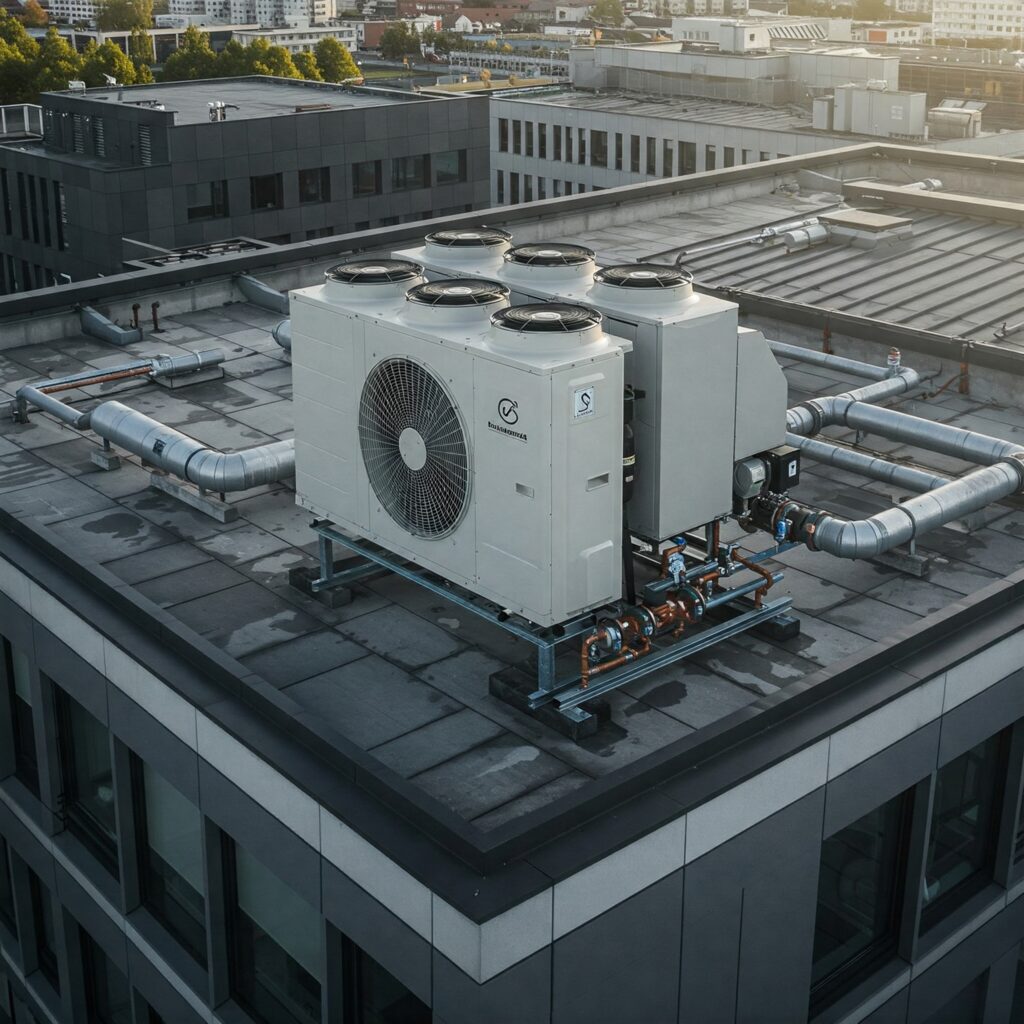
Beyond Boilers and Furnaces: Embracing Energy Efficiency
For decades, industrial heating has largely relied on combustion-based systems like boilers and furnaces, burning fossil fuels to generate heat. While these technologies have served their purpose, they inherently suffer from significant energy losses. The very act of burning fuel releases a substantial portion of energy as waste heat, escaping into the atmosphere.
Industrial heat pumps, however, operate on a fundamentally different principle: heat transfer. Instead of generating heat, they move existing thermal energy from one source to another. Think of it like a refrigerator working in reverse – instead of cooling the inside and expelling heat outside, a heat pump can extract heat from a relatively low-temperature source (like ambient air, ground, water, or even industrial waste streams) and upgrade it to a higher temperature suitable for industrial processes.
This heat transfer mechanism results in remarkably high Coefficients of Performance (COP). A COP of 3.0, for instance, signifies that for every single unit of electrical energy consumed to power the heat pump, three units of thermal energy are delivered. In practical terms, this translates to energy savings often ranging from 50% to 70% compared to traditional heating methods. The direct impact on operational costs is substantial, freeing up capital for reinvestment and bolstering a company’s bottom line.
Breathing Easier: Slashing Carbon Emissions and Environmental Impact
In an era defined by the urgency of climate change, industries face mounting pressure to minimize their environmental impact. Traditional fossil fuel-based heating systems are significant contributors to greenhouse gas emissions, releasing carbon dioxide, nitrogen oxides, and particulate matter into the atmosphere.
Industrial heat pumps offer a clean and sustainable alternative. By utilizing electricity as their primary energy source, they eliminate direct on-site combustion and associated emissions. When coupled with electricity generated from renewable sources like solar, wind, or hydro, the carbon footprint of industrial heating can be drastically reduced, paving the way for truly sustainable operations.
Furthermore, heat pumps mitigate other environmental concerns associated with fossil fuels, such as fuel storage, transportation risks, and the potential for leaks and spills. By embracing heat pump technology, industries can actively contribute to cleaner air, healthier ecosystems, and the global effort to combat climate change, enhancing their corporate social responsibility and public image.
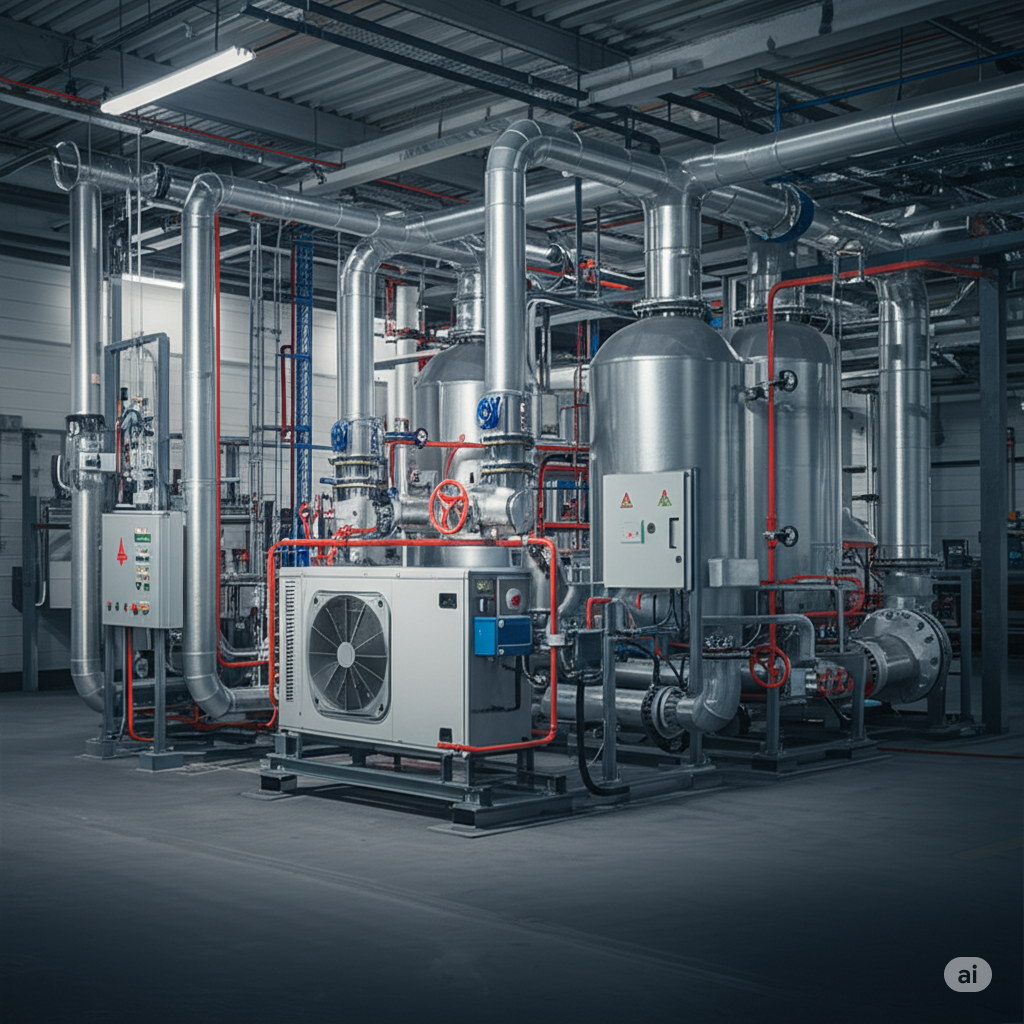
The Power of Versatility: Heating, Cooling, and Waste Heat Recovery
The benefits of industrial heat pumps extend beyond just efficient heating. Many modern systems offer reversible cycles, meaning they can also provide efficient cooling when needed. This eliminates the requirement for separate chilling equipment, streamlining operations and reducing capital expenditure. Industries with fluctuating heating and cooling demands, such as food processing or pharmaceuticals, can particularly benefit from this dual functionality.
Perhaps one of the most compelling advantages of industrial heat pumps lies in their ability to recover and valorize waste heat. Many industrial processes generate significant amounts of low-grade waste heat, which is often simply released into the environment. Heat pumps can capture this “lost” energy and upgrade it to a usable temperature for other processes within the facility, such as preheating boiler feedwater, space heating, or even powering other thermal processes.
This waste heat recovery not only further enhances energy efficiency and reduces energy consumption but also transforms a potential environmental burden into a valuable resource. It embodies the principles of a circular economy, maximizing resource utilization and minimizing waste.
Overcoming Challenges and Embracing the Future:
While the advantages of industrial heat pumps are compelling, some challenges need to be addressed for wider adoption. These include the initial investment costs, which can be higher than traditional systems, and the need for careful system design and integration to match specific industrial requirements. Furthermore, the availability of high-temperature heat pumps for very demanding applications is an ongoing area of development.
However, with advancements in technology, increasing energy prices, and stricter environmental regulations, the economic and environmental case for industrial heat pumps is becoming increasingly strong. Government incentives, research and development efforts, and growing awareness of the technology’s potential are all contributing to its accelerating adoption.
Conclusion:
The industrial heat pump revolution is not just a trend; it’s a fundamental shift towards a more sustainable and efficient industrial future. By offering unparalleled energy efficiency, a pathway to significant carbon footprint reduction, and the versatility of heating, cooling, and waste heat recovery, these innovative systems are empowering industries to achieve their operational and environmental goals. As technology continues to evolve and awareness grows, expect to see industrial heat pumps playing an increasingly central role in powering a cleaner and more prosperous industrial landscape. The heat is on – in the right direction.
Out of these 3 reasons, which you feel the most important one.
Also going forward, we will list out the industries in which Heat Pump utilization is gaining traction world wide.
Engage yourself in forum where expects discuss on the treading topics of heat and more.
🌟 The Heat Pump Award 2025 is now open 🌟
Register your self or nominate other users of Heat Pump for the same.



